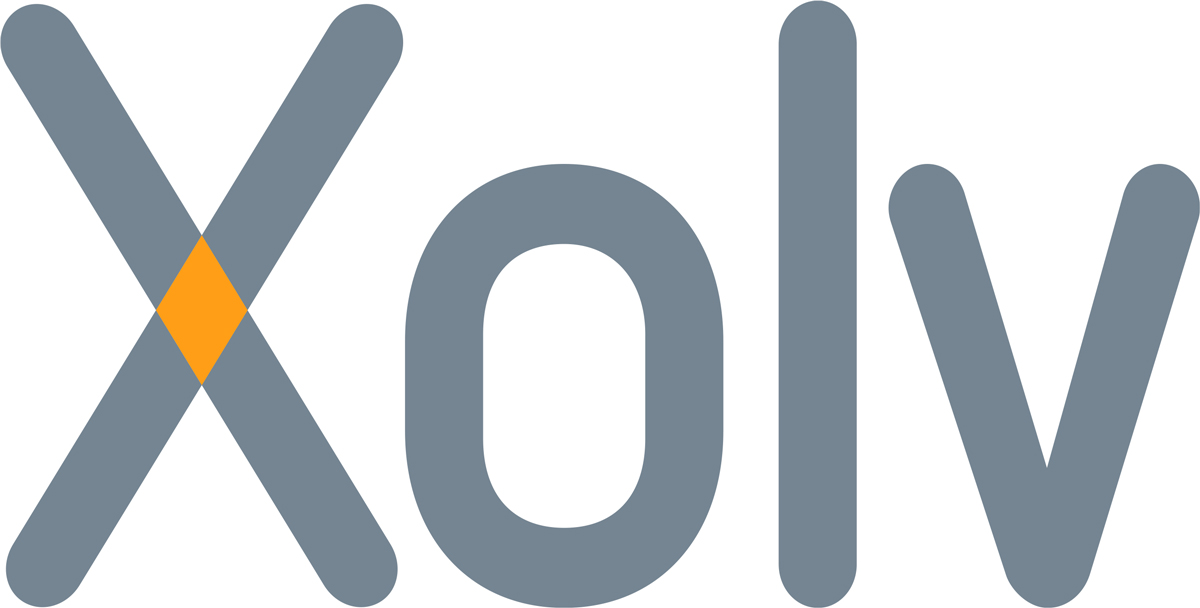Different solutions to get full limit

Sometimes an insurer approves a credit limit application only in part. However, many companies want the full credit limit covered. Especially for those companies, the Top Up policy has been introduced.
We value personal contact

Naomi Sapir (40), Roba Metals board member, immediately conveys one of Roba Metals' important values in conversation with us. The company values its relationship with people, be it their own employees or the customers and suppliers they work with. Metal is the business, the company is doing well, at the same time Roba Metals has a very social policy. People are the core. Naomi: "If we have a good relationship with a customer who cannot get cover from our primary credit insurer, we will find a solution."
The beauty of a solution in Brazil's interior: how IA Group resolved an international trade dispute

International Advisors (IA Group) is a partner of Xolv in the field of collection of large foreign receivables. IA Group tackles cases through personal contact and adequate follow-up.
Letters of Credit: the key to success in challenging African markets

Doing business in Africa presents opportunities, but also challenges. Especially in countries with economic or political instability, collecting payments can be a risky undertaking. Fortunately, there is a tool that can help with this: the Letter of Credit (L/C). Especially if you cannot get a credit limit on your buyer, this can be a good tool to still continue doing business. A Letter of Credit is a document in which a bank guarantees on behalf of your buyer that you will be paid once you have met the agreed conditions. It is a form of financial security that significantly reduces the risk of non-payment.
Insure political risks

Inter-state conflict, failed national governance and rising nationalism are all part of the geopolitical landscape. Stability in a country can sometimes gradually crumble under the eye of the media. But often the old order collapses unexpectedly, leaving investors, lenders and contractors unprepared and with financial losses. Too often, companies discover they can no longer operate in a market they once considered predictable.
Doing business in exotic countries: exciting and full of opportunities!

The closer to home, the more familiar it seems. But this is not always necessarily so. Doing business in the Netherlands can also be risky. Yet doing business abroad often feels riskier. You will have to deal with different cultures, customs, political situations, currencies, payment and delivery conditions. It is therefore wise to research these elements thoroughly in advance before doing business in a particular country. There are organisations that can provide you with useful information in this regard, such as Fenedex. On the other hand, doing business abroad also offers new opportunities for growth.
Local insight and local expertise

Doing business across borders requires more than just ambition. It requires an understanding of local markets, strong relationships and a solid strategy to manage risk. By joining a global network of carefully selected partners, we have access to in-depth market knowledge and a wide range of solutions. This enables us to support entrepreneurs even better, wherever you operate or want to operate. Perhaps you want to enter new markets or expand your existing trade. Either way, local insight and international clout are indispensable.
Lifting Pledge Prohibitions Act explained

Many companies use their accounts receivable as security to obtain financing from the bank. In recent decades, however, more and more, mostly large, companies have started to prohibit this possibility. They do so by including a clause in their purchase conditions (which often take precedence over the SME supplier's sales conditions) that prohibits the supplier from assigning the rights and obligations under the agreement. A variant of this is simply to prohibit pledging ("encumbering") the receivables arising from the agreement.
Banking covenants: a guide for entrepreneurs

Obtaining financing is essential for the growth and success of your business. One way to obtain financing is through a bank loan or overdraft. When taking out a bank loan, it is common for the bank to impose certain conditions, also known as bank covenants. In this brief guide, we will elaborate on what bank covenants are, what types there are and the consequences of not complying with them.
Cash flow now and in the future

Good cash flow planning helps ensure that your business has enough cash to meet operational needs, such as paying salaries, suppliers, taxes and debts. It also helps identify and capitalise on growth opportunities, such as investing in new equipment, expanding into new markets or launching new products. Good cash flow planning is also indispensable to avoid or mitigate risks such as cash shortages, liquidity problems or insolvency. It is an essential process for any business, from small start-up to large enterprise!
